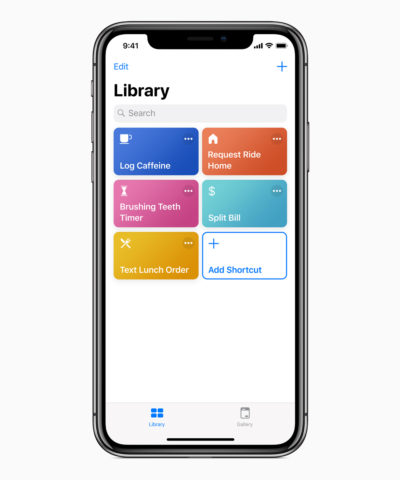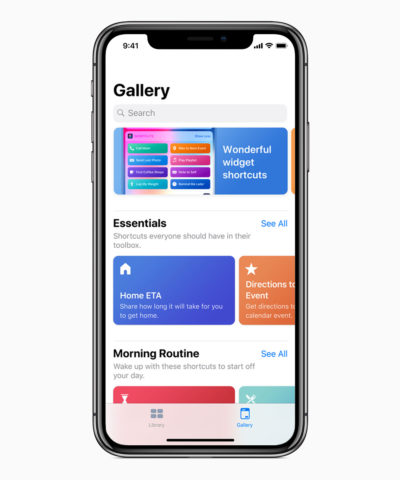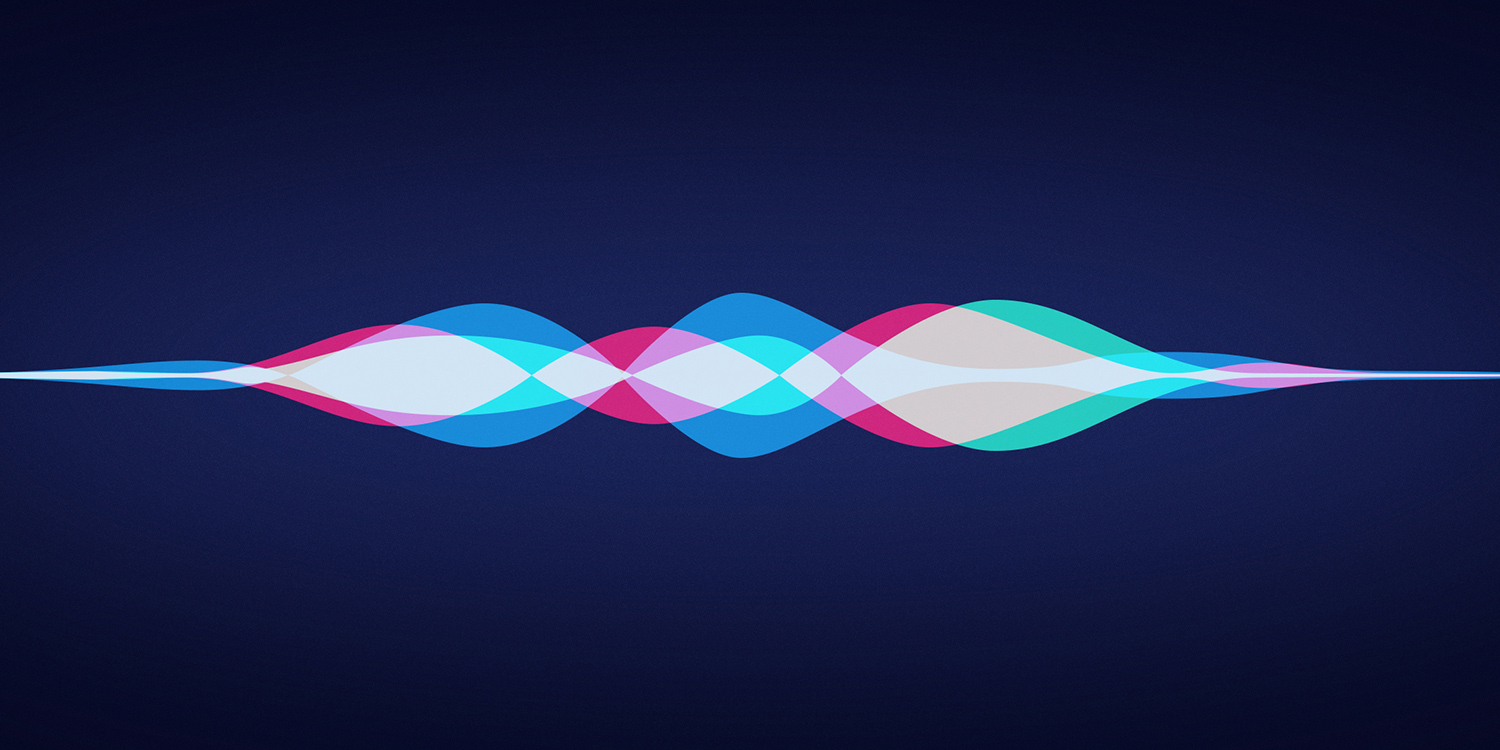In iOS 12, you get to decide what Siri can do. Sort of
An accusation often leveled at Siri is the system just isn’t that smart. Sure, Siri gets new features with every major iOS update, but it feels old-hat and restrictive when compared to rivals like Amazon Alexa and Google Assistant. With those, you get a sense of evolution, growth, flexibility, interconnectedness and progress; Siri, by contrast, feels static and stagnant.
Various reasons have been offered for why Siri finds itself in this state, after a promising start. There have been rumors of behind-the-scenes squabbles and management problems. But also Apple’s emphasis on privacy means whatever Siri learns comes much more slowly, because it doesn’t have a massive pool of everyone’s personal data to sift through. Also, frankly, Apple’s just not been great at the whole openness thing when it comes to letting other developers in on the act.

This is set to change with iOS 12 – and without Apple adopting the cavalier privacy attitudes of its rivals. The great bit is that the solution is unexpected of Apple: the company is allowing the user to take control, by enabling them to create custom Siri shortcuts for the tasks they want to accomplish.
Such an approach isn’t so much Apple playing catch-up as taking a markedly different direction from its rivals. Although Google Assistant has ‘routines’, they’re less elaborate than Siri shortcuts, and considered custom user interactions are not the focus of that system. And even though the baseline abilities of Alexa and Google Assistant are strong, their wealth of powers aren’t much use if they’re not geared towards what you want to achieve.
Admittedly, Apple does require you to put in some effort, and you won’t be able to do absolutely anything that comes to mind. Instead, developers make available ‘donations’ within apps. These specific actions can be controlled by Siri, and chained together in workflows; this means you can string together a number of actions that an app can perform – or actions from a range of apps – and trigger them all with a single custom phrase.
During WWDC, an Apple executive did exactly that on stage, quickly creating a single shortcut that: sent someone a message when they’d be home; got driving directions; used HomeKit to set a thermostat and fan; and started playing a radio station. And if that all feels like too much effort, there’s a gallery of pre-made stuff to fiddle around with too.

This all feels transformative. Moreover, despite the openness, it feels very Apple. Rather than cruft, Siri will offer focus. And although there’s inherent complexity, this is shielded by a hugely usable, friendly interface for creating your own shortcuts. Importantly, users retain privacy while building a Siri that’s more useful to them. In short, Siri will finally be a voice assistant you’ll actually want to talk to, rather than one you’ll just want to yell at for being incapable of helping you achieve your goals.

